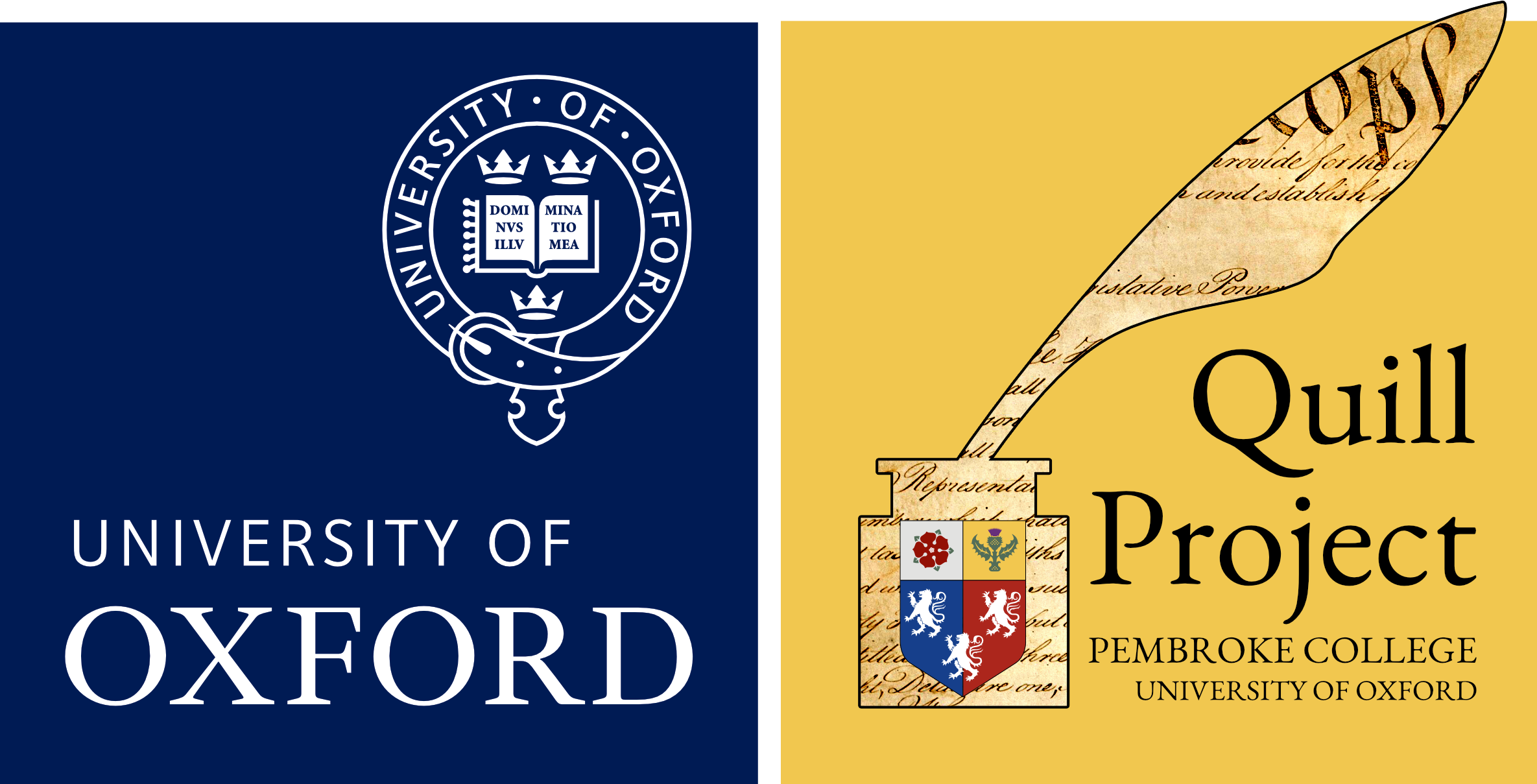A brief guide > The Quill approach > Meet the team > Brookes/Mayhew > The NI Forum
Monica McWilliams
———, Documentary Editors on the Writing Peace Project, shares some early reflections from her work with records of the Forum for Political Dialogue.
Home of peace activist Monica McWilliams in Belfast, Northern Ireland
© Copyright Ruth Murray
Back in the Fall of 2022, Quill Documentary Editor Ruth Murray travelled to Belfast to the home of Northern Irish peace activist and academic, Monica McWilliams. In an unassuming corner of her garage were stacked six boxes of papers and materials that she had amassed over the years (from 1996 to 1998) as a negotiator on the Northern Ireland Peace Talks. From Plenary Meeting Minutes, drafted Opening Statements, scribbled notes, position papers on decommissioning to even a poem written by then-Sinn Fein chief negotiator Martin McGuinness, the papers and files amassed capture the many stories behind the complex negotiations of the peace talks.
Documentary Editors at the Quill Project, Ruth Murray, Annabel Harris and Harriet Carter have spent the past months going through her many boxes, digitising and organising the papers into a working archive that will eventually be held at Queen’s University, Belfast.
The day-to-day decision-making gone into this months-long-process capture the complexities of Archives and their making. As a rich body of scholarship has explored, how files are organized is not just a technical question around classification and preservation of historical materials. Rather, more fundamentally, the process of storing and ordering are about the makings of relationality between papers and files, and so too, scaled out about the constitution of collective memory in this case around the Northern Ireland peace process.
This is something that Ruth, Annabel and Harriet grappled with, first-hand. Particularly given how these papers emerged out of Monica McWilliams’ personal collection (in the garage of her home, no less), their curatorial decisions had to take into considerations the original life of these papers and the logic with which Monica McWilliams had initially sought to preserve them. After all, it is this original organizational structure that too unveils the richness of the social context surrounding the Peace talks. [Example]
Their critical engagement within the granular processes of archival intervention and curatorial practice reveal how Archives accentuate the ways history is not only contained in, but invariably also expressed through the material structures of these Archives.
There were other considerations too, to be made. Crucially, Ruth, Annabel and Harriet grappled with how to preserve the integrity of the material world of these records and artefact, particularly amidst a much larger institutional inclinations towards modernizing archives in ways more virtual and digital. Integral to this process was exploring digital materiality – finding ways to use the digital in ways that reconnect the public to the physical experience and the materiality of the Archives.
With the archiving and digitizing process now complete, Quill enters the next stage of the project: the modelling of these Archives. Quill’s detail-oriented metadata approach to model these Archival records will reveal new ways of understandings the Peace Talks. It forces us to look beyond the high-politics and the brinkmanship surrounding the Northern Ireland Peace Negotiations to refocus our attention on the more mundane day-to-day efforts at engaging dialogue, reveal the areas where there were surprising levels of agreement, and also the areas of real intense disagreement.
We look forward to sharing the many discoveries and insights that this process of Quill’s visualisation displays. As we mark the 25th anniversary of the Good Friday Agreement this year, critical now more than ever it is to reflect on what the processes merging archives are an important source of information that really capture the ‘process’ aspect of the peace talks that culminated in the Good Friday Agreement, bringing to the fore the more mundane decision-making processes and everyday discourses that underlie the more macro-level, high politics of these Peace talks.
Our model is currently nearing the recess for the General Election. It will be interesting to see what, if any, effect this will have on the workings of the Forum, and to see how the Forum’s efficiency and development will shift as it continues for longer.
The Quill model of the Northern Ireland Forum for Political Dialogue is a work in progress, with an expected publication date of July 2022

